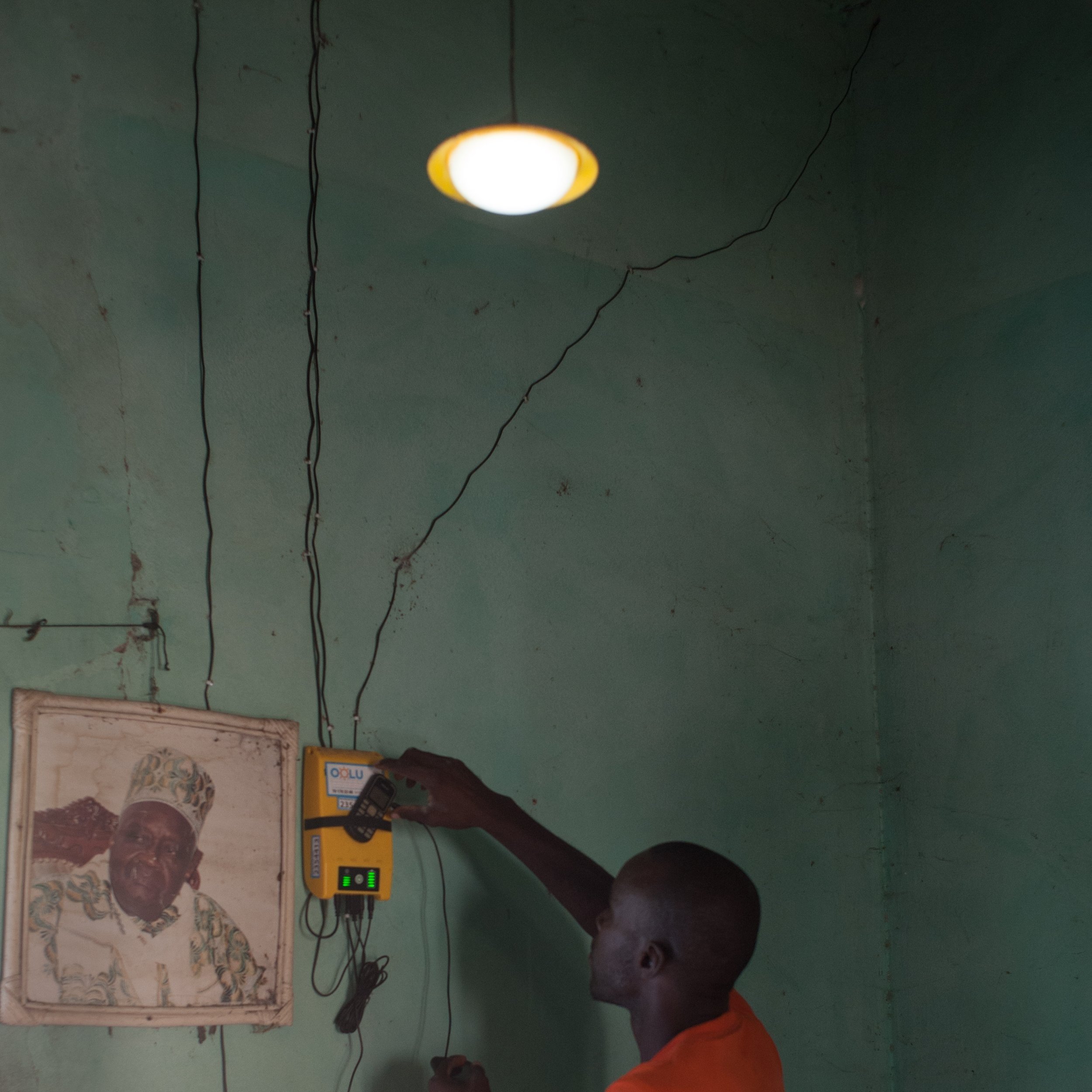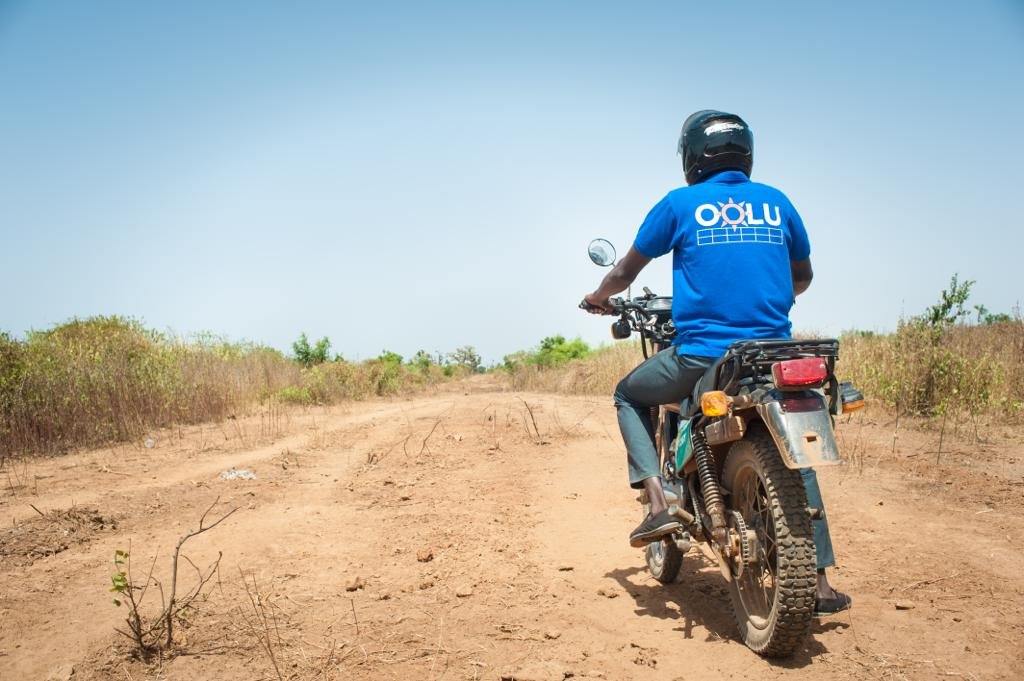Lessons Learned
The introduction of the Pay-As-You-Go (PAYGO) model in the solar sector has ushered in transformative changes, offering valuable lessons that resonate across industries. This innovative approach, characterized by its flexible payment structure, has not only addressed financial barriers but has also redefined consumer relationships and business models.
Some key lessons learned in the PAYGO sector, it becomes evident that adaptability, customer-centricity, and technological integration are central to its success.
In addition the following have played a role in advancing the business model:
Data collection for targeted sales;
Partnerships with local organisations to leverage trust;
Collaboration to understand regulatory frameworks and reduce tarif burden;
structured financing mechanisms and patient investors for high risk launches;
The gender-energy nexus and its role in paygo adoption, how to leverage women’s groups and women leaders.
Furthermore, it is clear that energy access can only be solved if all actors are on board. To effectively address SDG 7 and achieve energy access, Oolu and other OGE companies need three types of stakeholders to support their scale-up: investors, African governments, and partners.
Investors
The most critical support for OGE companies will come from investors including banks, Development Finance Institutions (DFIs), and public and private investors. They should:
Provide well-structured debt, equity, and concessional finance
Combine concessional capital with debt (first loss capital)
Grants should be available for companies to try new business models and appliance bundles in high-risk zones.
Support for fundraising by deploying designated capital raising teams with proven track records to support African companies on-ground.
Broaden financing mechanisms tailored to the bottom-of-the-pyramid population
African governments
At the country level, it is imperative that African governments get more involved in the development of the off-grid energy sector. They can do this by:
Including subsidies for services and imports.
They must waive import duties and taxes on sustainable industries like the off-grid energy sector.
African banks and investment firms can develop and offer local currency investments like concessionary loans, tax credits, tax incentives, and subsidies.
Partnerships and regulatory reform
Partnerships play a crucial role in Oolu’s success. By collaborating with governments, venture builders, NGOs, financial institutions, and other stakeholders, companies can unlock opportunities for market expansion.
Engaging with governments and aligning with national energy strategies is particularly important, as it allows Oolu to align efforts with the country's energy goals and leverage government support.
Conclusions
To seize the opportunities ahead, the industry sector must take action by embracing the proposed recommendations, promoting collaboration among stakeholders, advocating for supportive policies, and investing more flexible capital in innovative companies in the PayGo Sector.
By doing so, we can collectively advance the deployment of sustainable energy solutions, accelerate progress towards universal energy access, and unlock the full potential for OGE companies to drive positive change and create a brighter future for all.













